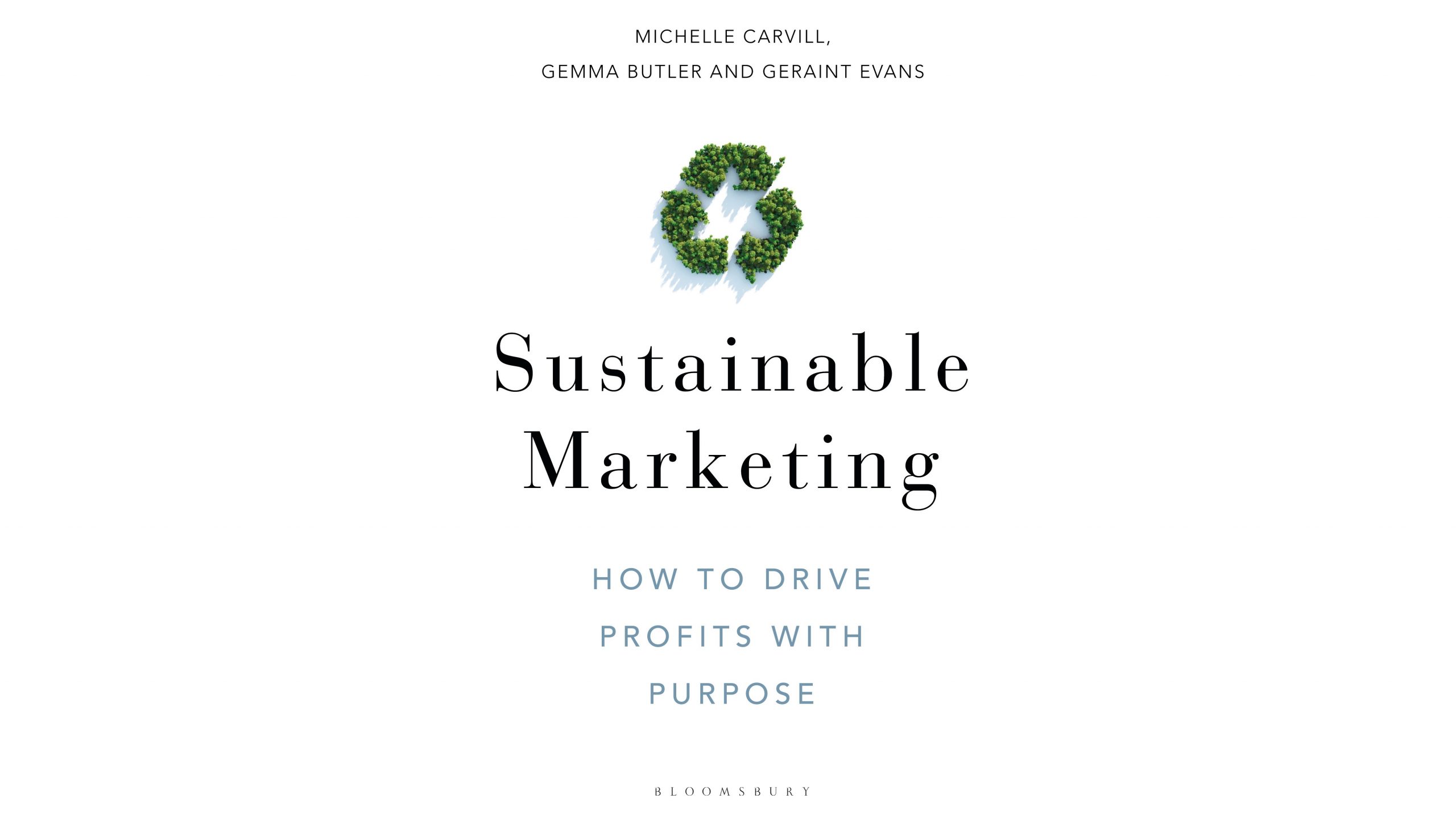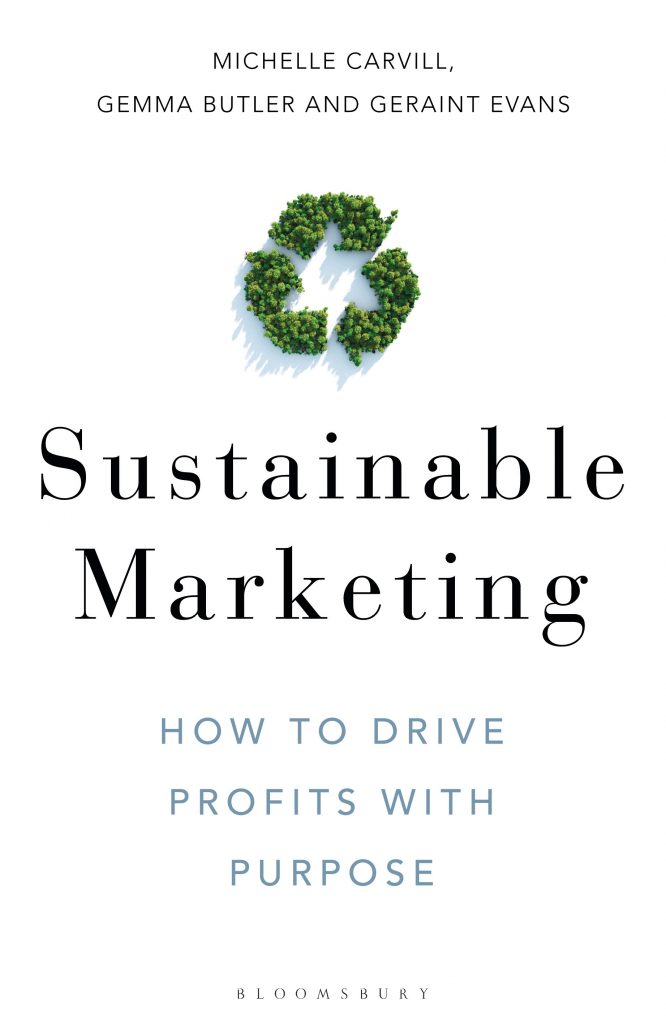
Whether you think it is a good thing, or a bad thing, CEO activism is a real thing!
There are an increasing number of CEOs taking a stand on political and social issues. Their view is that a company should have a higher purpose beyond maximizing shareholder value, and that they can use their position of power as a force for raising awareness and doing good. Marc Benioff, CEO of Salesforce, has written extensively on the topic.
In his latest book, Trailblazer – The Power of Business as the Greatest Platform for Change (Benioff, M., 2019. Currency), he tells the story of how he founded Salesforce with a clear sense of purpose, and from inception built in a pledge that 1 per cent of profits would go towards doing good. He is quoted in Time magazine, (Steinmetz, K 2016) as saying: ‘… today CEOs need to stand up not just for their shareholders, but their employees, their customers, their partners, the community, the environment, schools, everybody.’ In effect, this stance is one of taking responsibility not only for the organization and direct shareholders, but for wider societal communities too.
Benioff is far from alone in holding those views. Jeff Immelt, the former CEO of General Electric, has said: ‘I just think it’s insincere to not stand up for those things that you believe in. We’re also stewards of our companies, we’re representatives of the people that work with us and I think we’re cowards if we don’t take a position occasionally on those things that are really consistent with what our mission is and where our people “stand”’ (Chatterji, A.K. Toffel, M.W.).
Patagonia is an organization that has long been at the forefront of the profit with purpose movement. Since its inception, Patagonia has donated 1 per cent of sales to environmental non-profit organizations, and in 2016 it gave 100 hundred per cent of Black Friday sales (approximately $10 million) to environmental groups.
Beyond funding, there’s also education. Patagonia consult with private and large public companies on best practices for reducing production and packaging waste, lowering greenhouse gas emissions and using innovative technologies – e.g. turning recycled bottles into polyester. In 2009, it partnered with Walmart to create a Sustainable Apparel Coalition (www.apparelcoalition.org), an industry collaboration transforming the apparel, footwear and textile industry.
Members – including Nike, Gap and Adidas – are committed to measuring and improving social and environmental sustainability impact. One of the coalition’s founders, Yvon Chouinard, has championed Patagonia to be a catalyst for lasting change and since 1985 Patagonia is reported to have donated more than $100 million to environmental causes. Furthermore, in 2013 it launched a venture capital fund that invests in start-ups that focus on environmental issues.
Until recently led by CEO Rose Marcario, Patagonia has stepped up its environmental focus even more, with a commitment to finding solutions to the environmental crisis and changing the face of capitalism. To share the intent and transparency of its commitment, in 2018 it changed its mission statement to: ‘We’re in business to save our home planet’. In her article in Time magazine in 2019, Marcario stated: ‘Everyone that I work with, from CEOs of big public companies to private companies, recognize that things need to change. And capitalism needs to evolve if we’re going to have a healthy planet and we’re going to have healthy people on the planet. Today’s customers want their dollars to go to companies that will use their money to make the world a better place. Companies are realising that their customers and their employees expect them to take a stand’ (Semuels, 2019).
More leaders seem to be taking a stand and focusing attention on getting back to the basic foundations of what organizations were historically created for: ‘social enterprise’, supporting their employees, their employees’ families and the wider community, often building hospitals, schools and resources for communities and generally contributing to the health, well-being and wealth of society at large.
Indeed, when it comes to leaders taking a stand, Patagonia sued President Donald Trump’s administration in 2017 after it reduced the size of the Bears Ears National Monument in Utah, claiming the move was illegal. That same year they also successfully led a boycott of the Outdoor Retailer Trade Show in Salt Lake City after Utah’s government urged President Trump to make the reduction to the monument. The next year, Patagonia teamed up with Levi’s to launch the Time to Vote initiative, which led to 400 companies granting time off so that their employees could go out and vote (Semuels, 2019). More recently, Rose Marcario announced that Patagonia would only take on new corporate clients for customized Patagonia products if the company had a significant sustainability plan as part of its mission (Berger, S. 2019).
These purpose-driven leaders are just a few of the many trailblazing CEOs who are taking on the role of ‘activist’. And of course, when they get together, collective action can have a greater impact than companies acting alone. For example, in 2015 the CEOs of 14 major food companies – including Mars, General Mills, Coca-Cola, Unilever, Danone, The Hershey Company, Ben & Jerry’s, Kellogg’s, PepsiCo and Nestlé – co-signed an open letter calling on government leaders to address the reality of climate change.
In 2016, more than 160 CEOs, including those from Apple, Facebook, Salesforce and Google, signed a letter by the Human Rights Campaign opposing a North Carolina bathroom law, which discriminated against the LGBTQ community. The law was repealed. Then, in 2017, 100 CEOs co-signed a brief to overturn an executive order banning citizens from Muslim countries from entering the US.
Another example occurred in August 2019, when Business Roundtable, which since 1978 has periodically issued Principles of Corporate Governance to US corporations, announced the release of a new statement on the ‘Purpose of a Corporation’. This was signed by 181 CEOs, each committing to lead their companies for the benefit of not just shareholders, but also all its stakeholders – customers, employees, suppliers and communities (Chatterji and Toffel, 2018).
More leaders seem to be taking a stand and focusing attention on getting back to the basic foundations of what organizations were historically created for: ‘social enterprise’, supporting their employees, their employees’ families and the wider community, often building hospitals, schools and resources for communities and generally contributing to the health, well-being and wealth of society at large.
The CEO of Unilever, Alan Jope, cites purpose as one of the most exciting opportunities he’s seen in the industry in his 35 years of marketing. Speaking at the Cannes Lion Festival of Creativity in 2019, he said: ‘Done properly, done responsibly, it [leading on purpose] will help restore trust in our industry, unlock greater creativity in our work and grow the brands we love’ (Unilever.com).
In that interview, he also showcased that Unilever is disposing of brands that don’t stand for something and stated the intent that every Unilever brand is to be a brand with purpose. This is a pretty powerful statement to stand by given the number of brands within the Unilever umbrella. However, there’s commercial wisdom behind this stance. In that interview, he also explained that the Unilever brands that focus on taking action for people and the planet grew 69 per cent faster than the rest of their business in 2018 – and that’s a significant number.
From a marketing perspective, Unilever is committed to investing more of its marketing spend on communications that are explicitly purposeful (Vizard, S., 2020). Unilever is finding that leading on purpose is good for growth and profitability. Jope’s view is that purpose is a consumer-led phenomenon and consumers hold the key to identifying the right purpose – one that balances the need to do good with commercial gain.
It’s interesting, then, to try to understand what’s driving this change. Is it that organizations and their leaders have generally become more conscious, the rise of the conscious consumer and consumer activism is driving change, or that leading on purpose is good for business – or a combination of these factors?

Michelle Carvill, Gemma Butler and Geraint Evans are the authors of Sustainable Marketing: How to Drive Profits with Purpose, published by Bloomsbury Business on 21 January 2021. Available at Bloomsbury.com and at all good bookshops. Hardback, £20.






Thank you so much. This article helped me much
Thank you for this amazing article. It helped me much